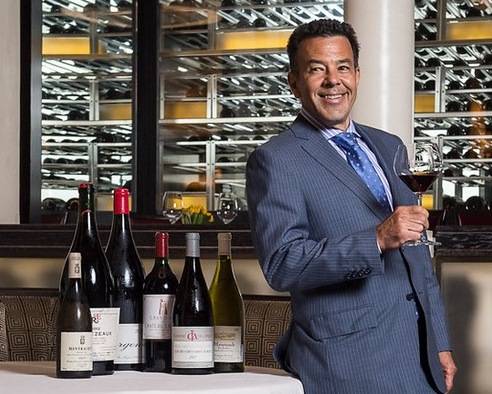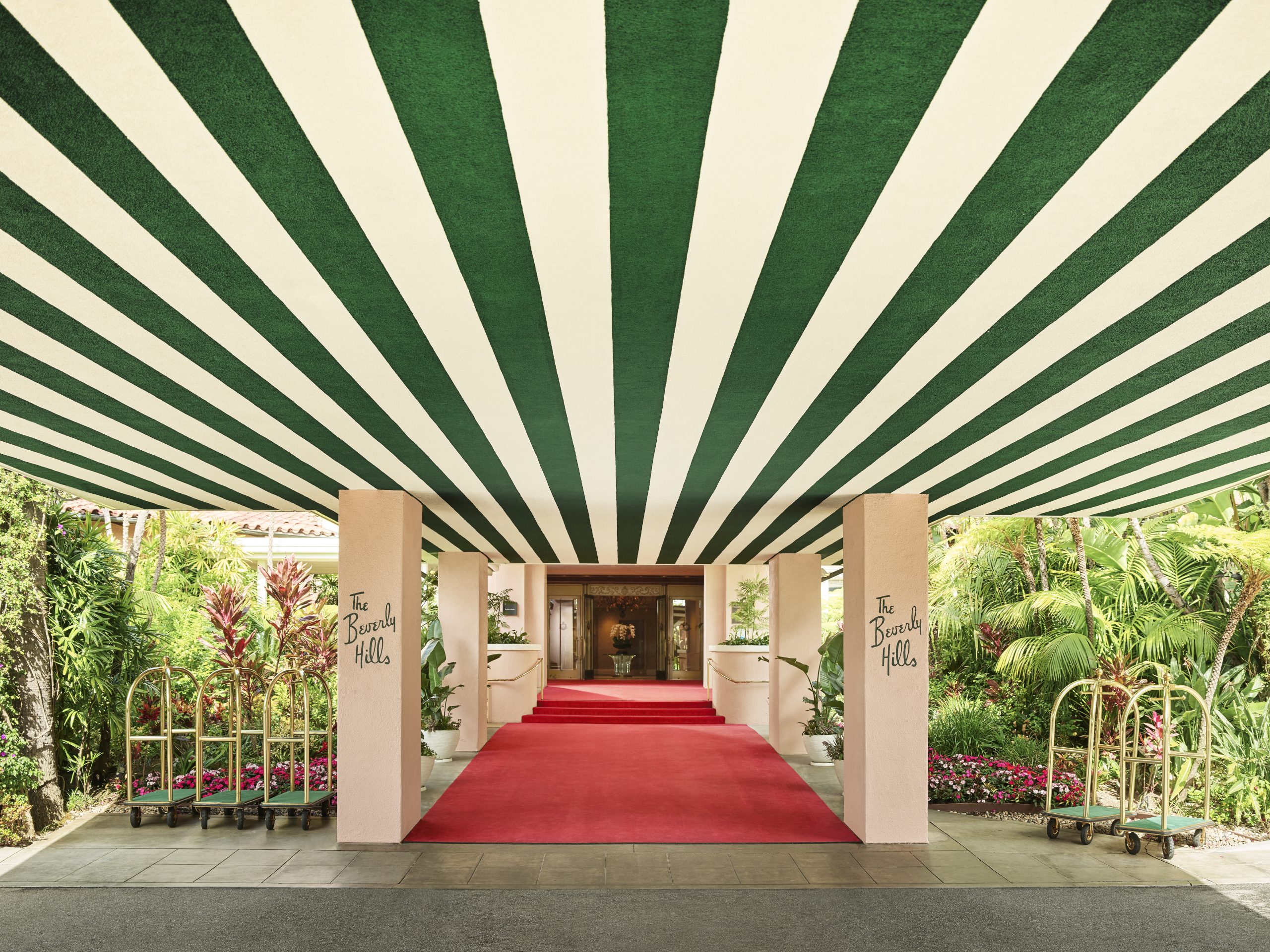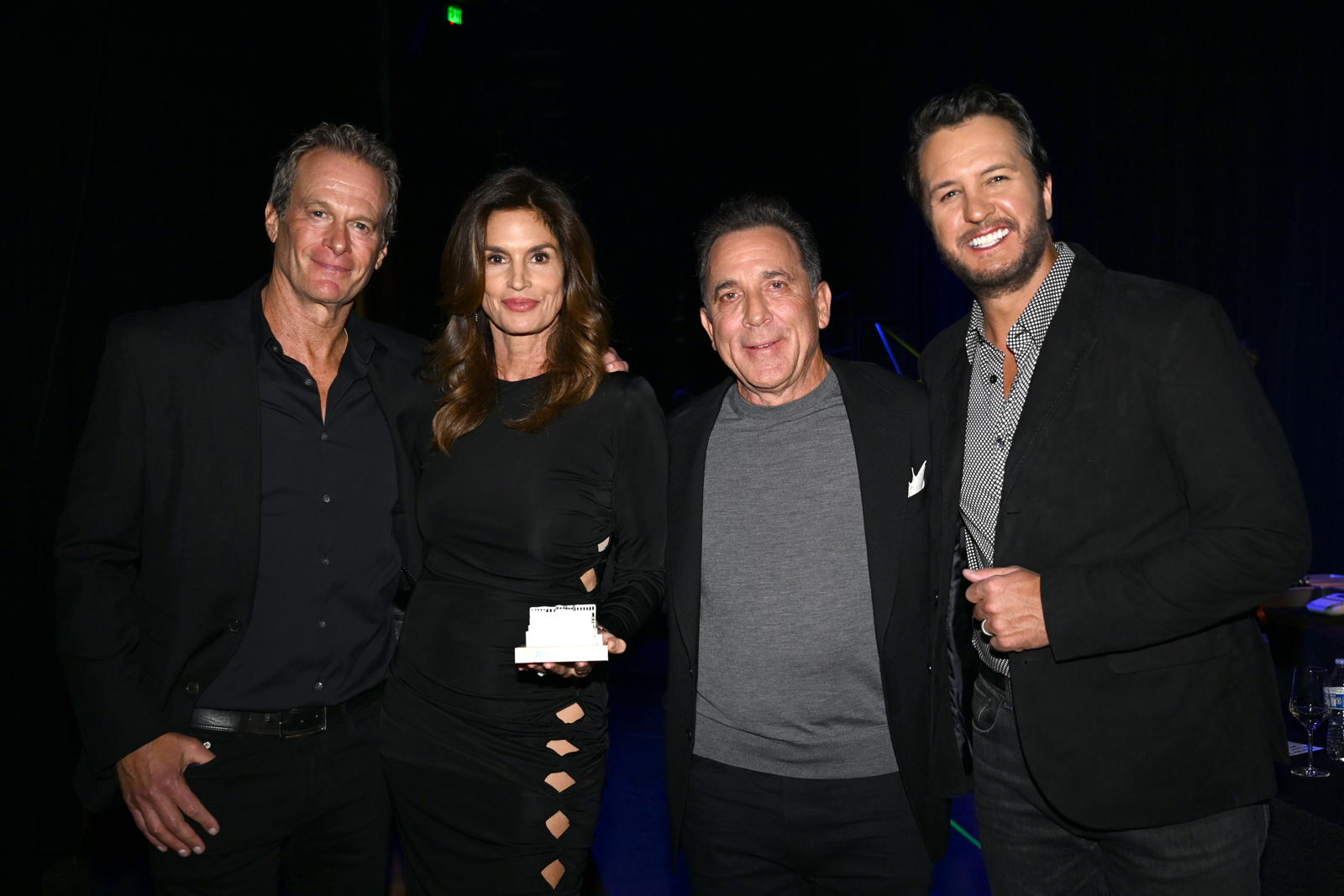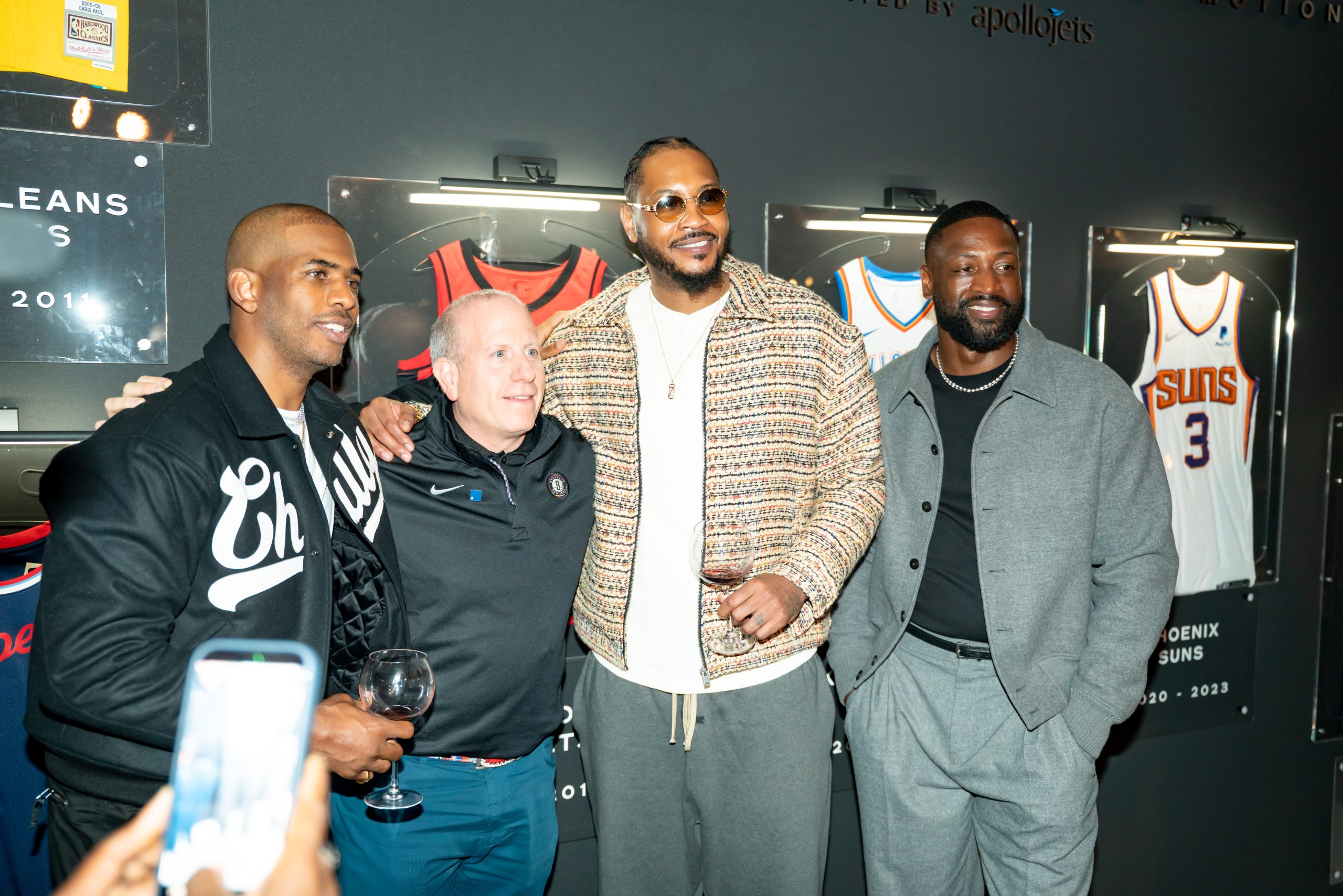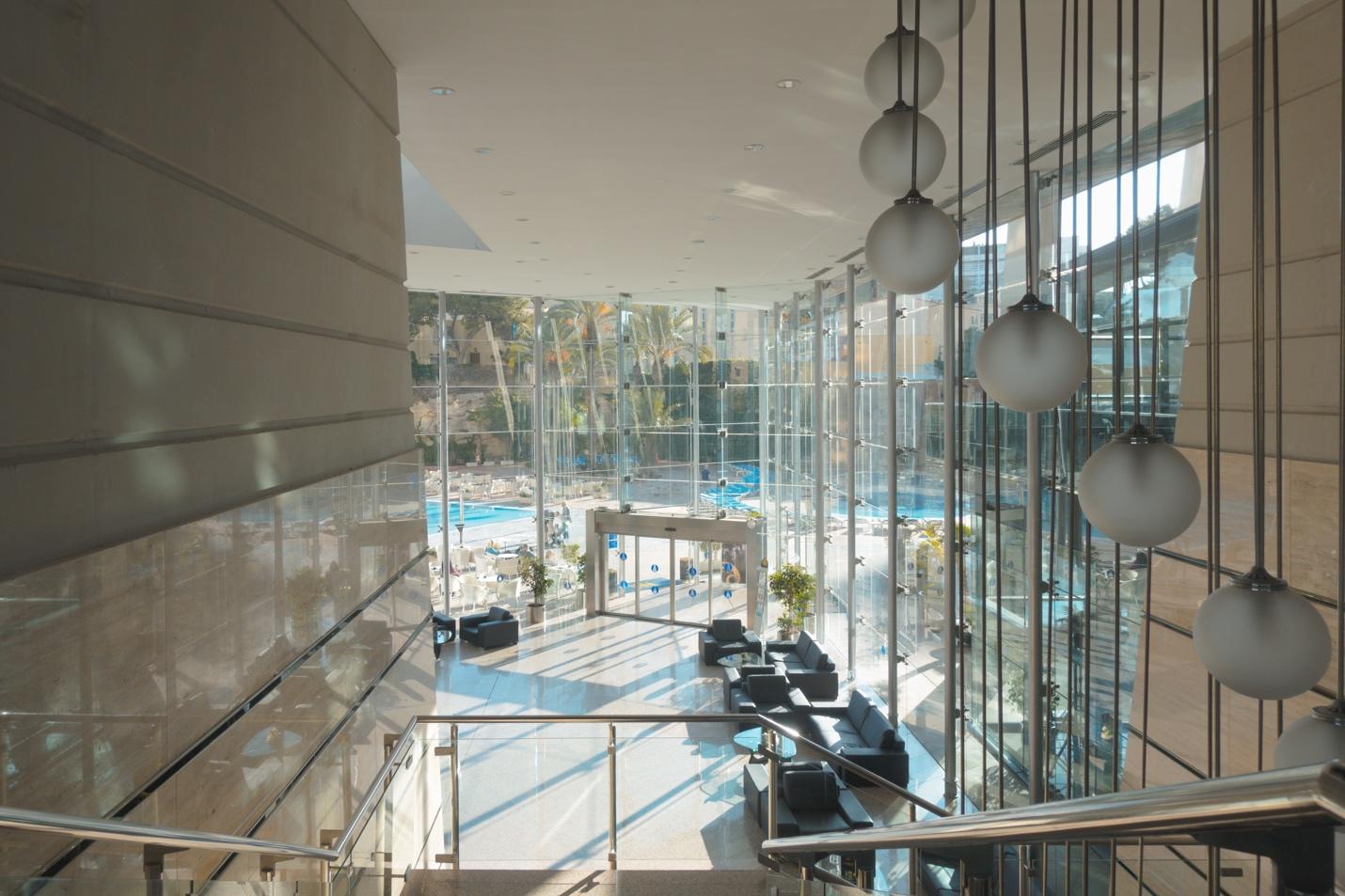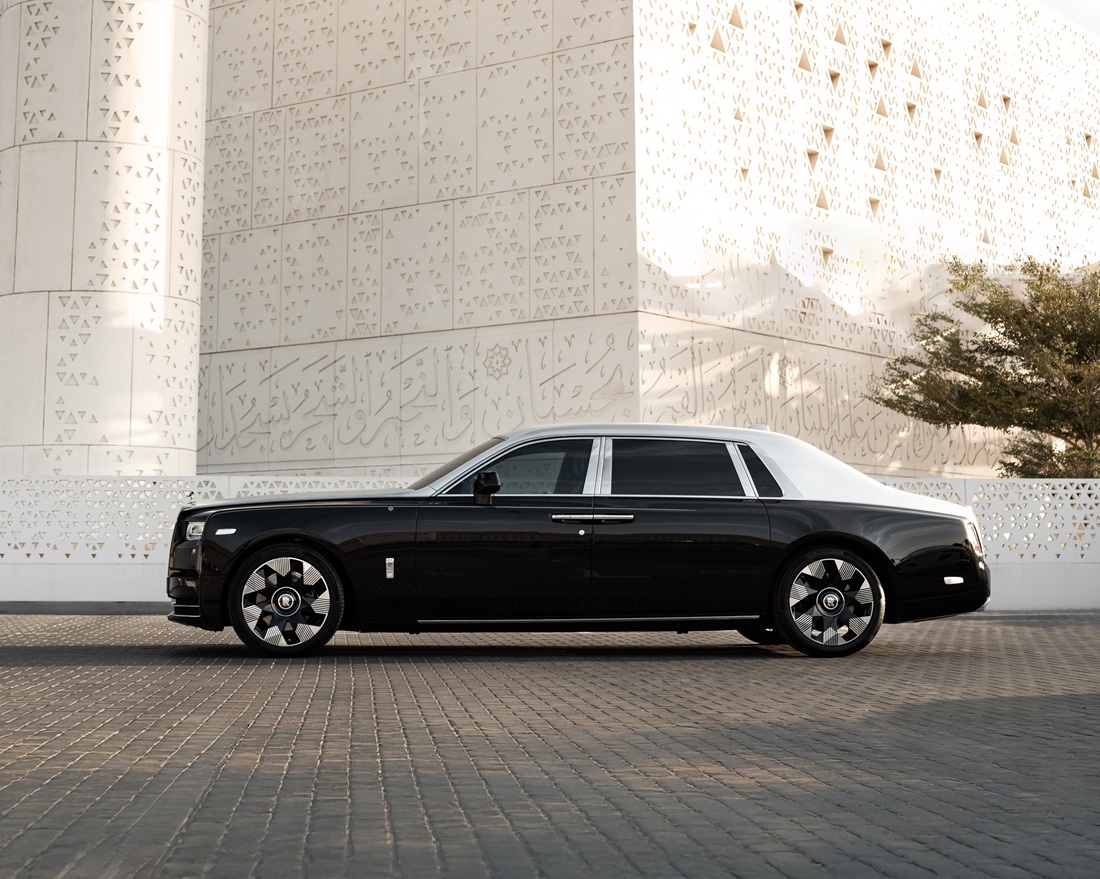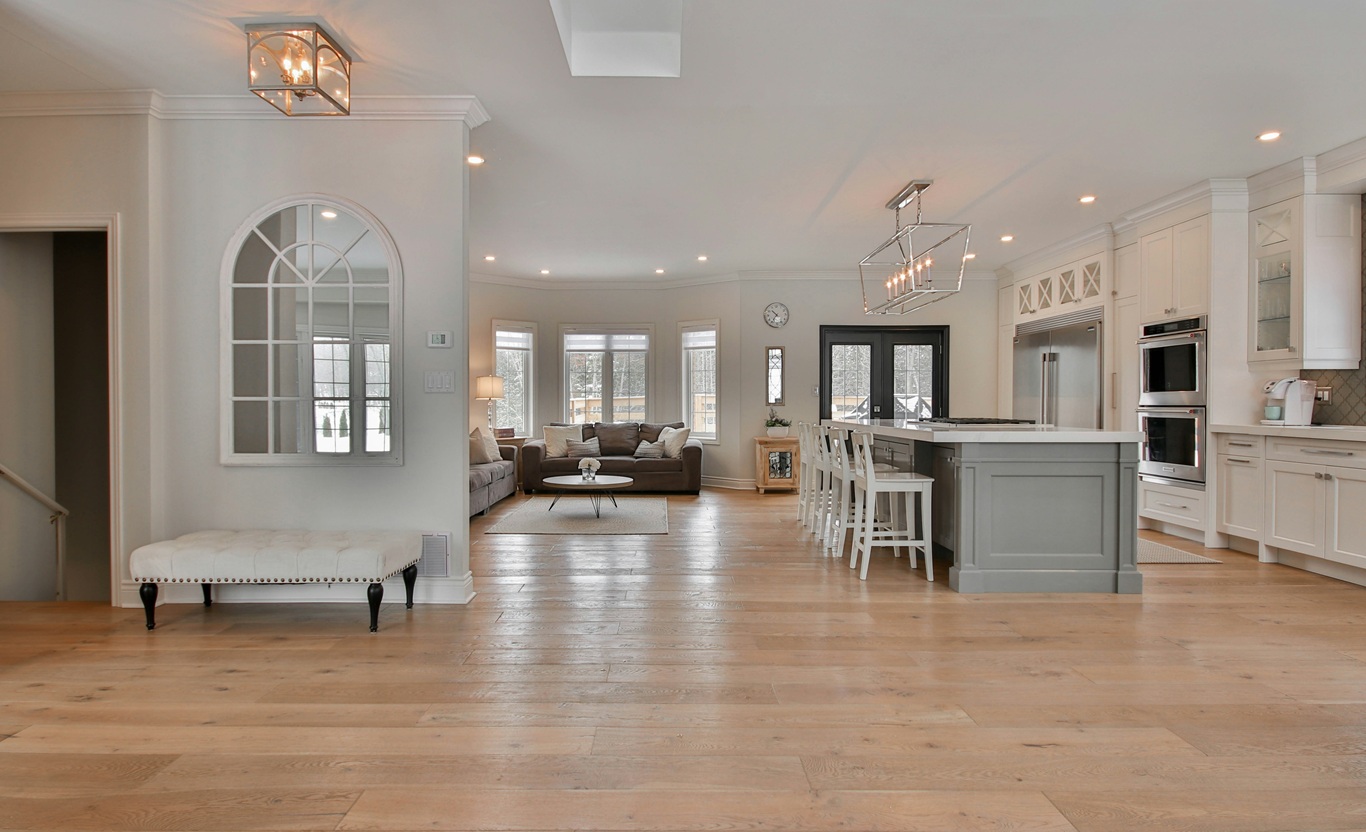Wine Director for Daniel Boulud’s Dinex Group Talks Wine Pairings and Managing a 14 Restaurant Empire
Daniel Johnnes has somewhat of a dream job. As the wine director for Dinex Group, Johnnes oversees all of the wine programs and sommerliers that fall under Daniel Boulud’s restaurant umbrella. That includes Restaurant Daniel, DB Bistro, DBGB, Café Boulud and Bar Boulud in New York as well as their national and international counterparts.
Johnnes came to Daniel in 2005 with quite the vino pedrigree, having spent 20 years are the wine director for Montrachet, during which time period he was acknowledged by the James Beard Foundation as the nation’s top sommelier in 1995. After a year of the two Daniel’s joining forces, Johnnes was acknowledged once again as wine professional of the year. He singlehandedly started and drove the Burgundy trend in this country, founded the La Paulee festival in New York, which has been coined as the world’s most extravagant BOYB. As if that weren’t enough to keep a man busy, Johnnes opened three Boulud properties this year and launched a new festival, La Fete du Champagne, which brought the world’s best producers of bubbly to New York City.
You think a man surrounded by this much alcohol for a living would be much of a drinker, but truth be told, he never drinks on the job. When sampling wines, he opts to spit it out instead. “I don’t think when I’m ready to go on stage,” says Johnnes, who joined Daniel Boulud at DB Bistro Moderne last night as part of a special four-course dinner highlighting new fall dishes made with ingredients and proteins from local purveyors. We sat down with Johnnes to find out what his day is made up of, how much wine he owns and at what age he experienced his first grapes.
What do you do to prep for an evening like tonight?
I open all the bottles I’ll be serving to do some TCA testing, which refers to the mold caused by a chemical substance released by a cork into the wine. It’s possible to miss it sometimes but having the bottles open will expose it so it’s easier to catch that way. I also taste the wine to remind my palate if I’m going to be talking about it.
How many wines are infected with TCA and is there a way to prevent this?
Usually you’ll get one in ten. There’s no real prevention other than getting a wine with screw caps that are easy to open. People think that because a wine has a screw cap it’s junk but I love bottles with screw caps.
What was your thought process behind wine pairing tonight’s dinner or any dinner’s in Daniel’s restaurants in general?
For tonight’s farm-to-table dinner, I told DB (Daniel Boulud) we should go along the same vein and serve wines from small producers who are really like farmers and are very much farming, only instead of farming vegetables they are farming grapes and instead of delivering them they are playing role of chefs and turning them into wine.These farmers guide process of grape that they farm into the wine, so I thought it would be fun to show that type of wine and also bistro wine.
As far as the different restaurants, I hire the sommeliers in each restaurant and educate them on the particular concept at hand, usually with Daniel. He is very interested and involved in not only the wine but all aspects of the restaurant. Fortunately we agreed in a lot of things so I go to him and tell him what I’ve come up with hell say “yeah I love it or how about we do this instead.” It’s always a really stimulating conversation and always positive.
Is there any particular example that springs to mind?
Shortly after I started we worked on Bar Boulud and the concept was always going to be Burgundy and Rhone wines and I said that’s great we’re going have a lot of depth and selection but lets not limit to that. Why not within that different categories, so we added a discovery section with 10 to 15 lesser known good value wines, as well classics that as the name says are classics, and also legends, which are the greats. We also added another category called the cousins and included Burgundy’s white cousin, chardonnay ‘s.
How does the wine program in DB Bistro New York differ from that of DB Bistro Miami?
We tailor each wine program to where we are and what that market asks for. Here the idea are bistro wines that are more accessible although we also have wines as we do in New York that go up to a $500 price tag. What we do have here that’s different is a large selection of South American wines because our clientele asks for it. Most of our wine selection is all French because of Daniel and the restaurants all serve French cuisine but in markets like this we’ll have 60 to 80 percent French and then South American varieties.
Wine advocate called you the best and nicest sommelier, which is a kind of strange adjective to describe a sommelier. Why do you think they called you nice?
I’m not so nice anymore. I’ve gotten pretty nasty in my old age (laughs). No, really what he was saying as that I’m unpretentious, I think because when I was starting as a sommelier there was this image attached to the position of a stuffy and intimating person and I decided I wanted to be more casual and less intimidating and feel comfortable experimenting wine with guests who might not be familiar with them.
In today’s dining culture, what role do you think a sommelier plays?
We have to be somewhat of a psychologist and try to size up the person to get into their mind and discover what they really like, and the kind of wine they like because people aren’t so forthcoming. Most guests don’t know how to put what they are looking for into words. It would be extremely helpful if someone said to one of my guys something along the lines of “I like really hearty wine and am looking for something around 100 dollars,” but they don’t so then we have to play this little game.
What’s a day of work like for you?
No day is the same, that’s for sure. I’ll go in sometime between 8 and 8:30 a.m. because I talk to France a lot and they’re six hours ahead. That’s also the time I can really focus and concentrate until maybe noon. Then I’ll do a lot of computer work, writing and looking at reports of what happened the day before and then in afternoon I’ll go to restaurants and meet with sommeliers and Daniel and get out and go around. I don’t like to sit at a desk all day long and don’t think that’s my best talent. My best talent is being with people, sharing ideas with sommeliers and helping them create programs, promotions or dinners.
Do you remember your first glass of wine?
I don’t remember my very first glass of wine although I do remember having wine at the dinner table with my father. My parents were divorced and my mother was a great cook but would never serve wines cause we were kids, so when I would go to my dads he’d give me some to taste, but what really opened my eyes to wine was when my mother took me to France when I was 18 years old and there you can drink at any age really. It was the first time that I really understood the importance of wine at the dinner table because we would sit at meals with French people and created convivial atmosphere of people being together and sharing a moment together over food and wine.
What are you currently obsessed with?
I am obsessed with keeping an open mind about wine and mentoring sommeliers to keep an open mind about wine. In every craft there are trends and fashions and I try not to get caught up in trends and fashions and keep people from being seduced by fashion and taste with a neutral and open palate.
How many wines do you have?
I keep about 3,000 wines in a 300 square foot wine cellar.
Woah. Do you open very many of them or just collect them?
I open them all the time. Some use for events, tastings or education reasons. Usually they are just wines I’ve accumulated. Most are nice wines I like to share with people so I’ll host dinners at home where I invite chefs over to the house — Daniel and his chefs — and cook for them. It’s a role reversal. I’ll take out 100 to 150 bottles and put them on the table and let them pick. If they don’t pick out the 10 or 15 bottles I wanted them to pick I’ll go and get them myself.

